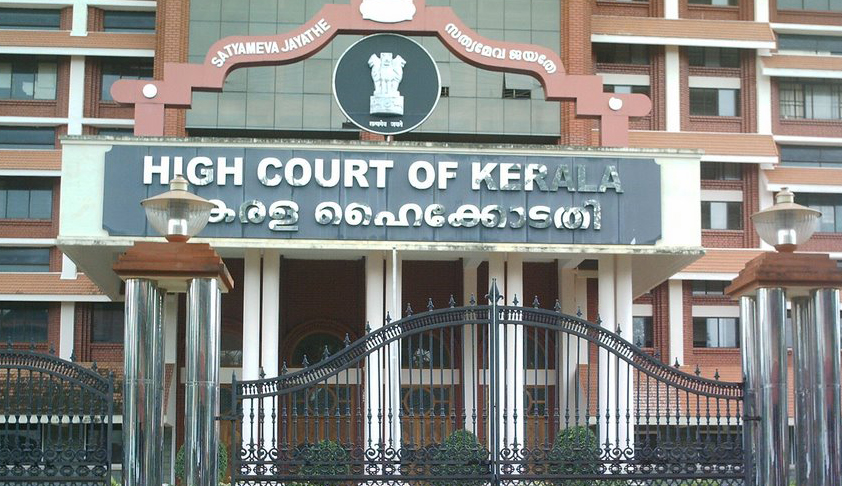Kerala HC directs Government to formulate scheme for children of jailed parents
Apoorva Mandhani
19 July 2014 3:15 PM IST

Next Story
19 July 2014 3:15 PM IST
A Kerala High Court Division Bench comprising of Justice Thottathil B. Radhakrishnan and Justice P. B. Suresh Kumar has directed the State Government to devise a special scheme for rehabilitation and protection of children whose parents are in jail, in conformation with child protective services in developed countries.The Bench urged Director General of prosecution T. Asaf Ali to...
